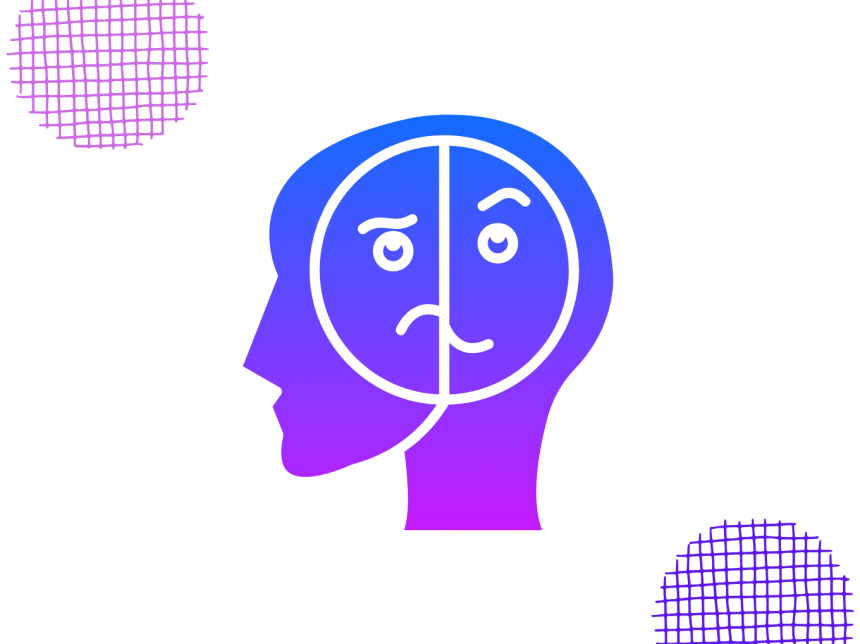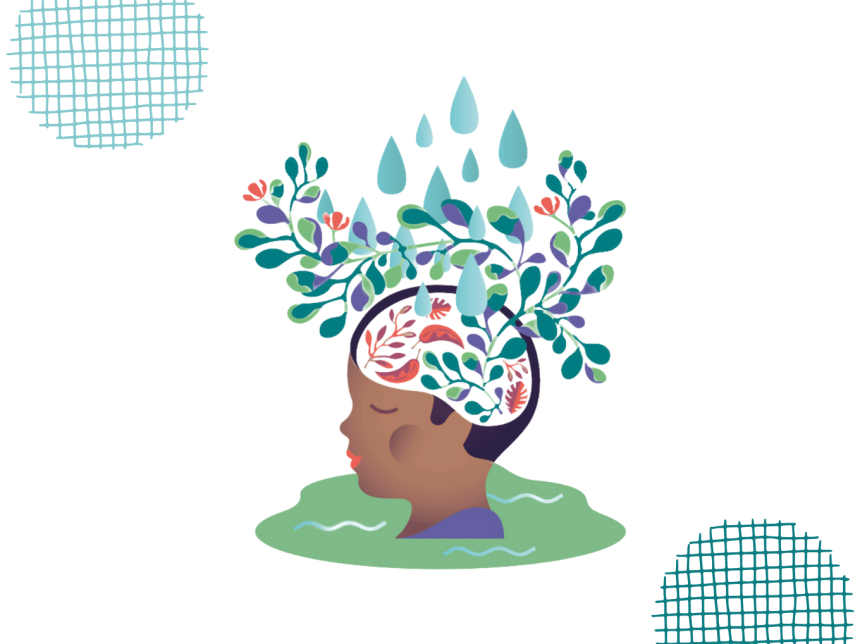
Psychological Measurement and Assessment: Foundations, Methods, and Applications
Explore the science of psychological measurement and assessment. Learn about testing, reliability, validity, and modern applications in psychology.
Introduction: Why Measure the Human Mind?
Unlike physical sciences, psychology deals with abstract concepts—thoughts, emotions, intelligence, and personality—that are not directly observable. This raises a fundamental challenge: how do we measure the unmeasurable?
The field of psychological measurement and assessment provides systematic tools for quantifying human behavior and mental processes. By developing reliable and valid methods, psychologists can evaluate intelligence, personality, motivation, clinical symptoms, and more. These measurements are the backbone of both scientific research and practical applications in education, therapy, and organizational settings.
What Is Psychological Measurement?
Psychological measurement, often referred to as psychometrics, is the science of assigning numbers or categories to psychological attributes. Unlike measuring weight or height, psychologists must infer mental traits from observable behavior, test performance, or self-report data.
Key aspects include:
- Quantification of Behavior – Converting qualitative observations into measurable data.
- Standardization – Ensuring consistency across individuals and settings.
- Objective Evaluation – Reducing bias through structured methods.
What Is Psychological Assessment?
While measurement focuses on numbers and scores, psychological assessment is a broader process. It combines multiple tools—tests, interviews, observations, and case histories—to build a holistic understanding of an individual.
- Tests – Intelligence, aptitude, achievement, and personality tests.
- Clinical Interviews – Structured or semi-structured conversations.
- Behavioral Observations – Tracking actions across contexts.
- Biopsychosocial Models – Considering biological, social, and cultural influences.
Assessment is not just about collecting data—it’s about interpreting results to guide decision-making in clinical, educational, or organizational domains.
The Science of Psychometrics
Psychometrics underpins both measurement and assessment. Its core principles ensure that tools are scientifically sound:
1. Reliability
Consistency of measurement over time, across raters, and across forms.
- Test-Retest Reliability – Stability over time
- Inter-Rater Reliability – Agreement among different assessors
- Internal Consistency – Cohesion among test items
2. Validity
Accuracy of measurement—does the test measure what it claims to measure?
- Construct Validity – Does it capture the intended psychological concept?
- Content Validity – Are all relevant areas covered?
- Criterion Validity – Does it predict outcomes effectively?
3. Standardization
Uniform procedures ensure fairness, allowing comparisons across populations.
4. Norms
Population benchmarks help interpret individual test results.

Common Psychological Tests and ToolsIntelligence Tests
- Wechsler Adult Intelligence Scale (WAIS)
- Stanford-Binet Intelligence Test
- Focus: reasoning, memory, verbal and spatial skills
Personality Tests
- Minnesota Multiphasic Personality Inventory (MMPI-2)
- Big Five Personality Test
- Projective Tests (Rorschach Inkblot, Thematic Apperception Test)
Clinical and Diagnostic Tools
- Beck Depression Inventory (BDI)
- Hamilton Anxiety Rating Scale (HAM-A)
- Neuropsychological tests for brain functioning
Educational and Occupational Assessments
- Aptitude and achievement tests
- Vocational interest inventories
- Workplace personality and leadership assessments
Applications of Psychological Assessment
1. Clinical Psychology
Diagnosing disorders, planning treatments, tracking progress.
2. Educational Psychology
Identifying learning disabilities, evaluating academic skills, guiding educational interventions.
3. Organizational Psychology
Recruitment, employee evaluation, leadership development.
4. Forensic Psychology
Assessing competency, criminal responsibility, and risk factors.
5. Research
Quantifying constructs for experimental studies and validating theories.
Ethical Considerations in Psychological Measurement
Psychological assessment is powerful, but it carries ethical responsibilities:
- Confidentiality – Protecting sensitive data
- Informed Consent – Ensuring participants understand the process
- Fairness and Equity – Avoiding cultural, gender, or socioeconomic bias
- Competence of Practitioners – Tests must be administered and interpreted by trained professionals
Challenges in Psychological Measurement
- Cultural Bias – Western-designed tests may not reflect all cultural realities.
- Over-Reliance on Testing – Scores should not define individuals without context.
- Dynamic Nature of Psychology – Mental states can change over time, making measurement complex.
- Technological Shifts – Online assessments raise questions of validity and security.
Future Directions in Psychological Assessment
The field continues to evolve with technology and neuroscience:
- Computerized Adaptive Testing (CAT) – Dynamic adjustment of difficulty levels.
- Artificial Intelligence in Assessment – Automated scoring, predictive analytics.
- Biometric Data – Eye-tracking, heart rate, and brain imaging for real-time insights.
- Gamified Assessments – Interactive and engaging formats to reduce test anxiety.
Conclusion: Measuring the Invisible
Psychological measurement and assessment are vital for understanding the human mind. By blending science, ethics, and interpretation, they provide insight into intelligence, personality, behavior, and mental health.
While no test can capture the full complexity of an individual, carefully designed and ethically applied assessments can guide treatment, improve education, support organizations, and advance scientific knowledge.
In short: psychological measurement is not about labeling people—it’s about unlocking potential and fostering well-being.




